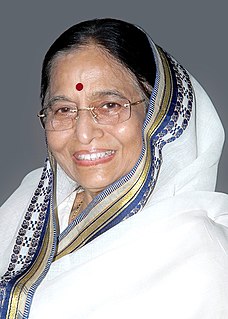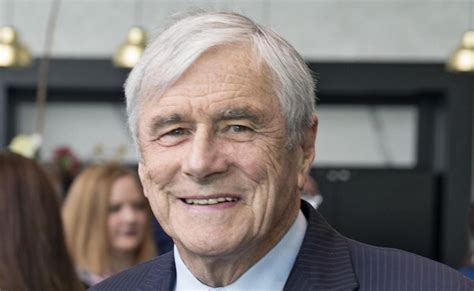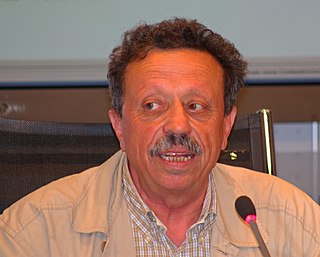A Quote by Pope Benedict XVI
Standards of conduct appropriate to civil society or the workings of a democracy cannot be purely and simply applied to the Church.
Related Quotes
When a church reaches up beyond its group and tries to enforce its standards upon a society that doesn't accept these standards, and perhaps for good reason, perhaps for bad reason, but anyway this is the problem we face in pluralistic society, that not necessarily every standard that every church tries to enforce upon the society is from the society's standpoint a good standard.
[T]here are, at bottom, basically two ways to order social affairs, Coercively, through the mechanisms of the state - what we can call political society. And voluntarily, through the private interaction of individuals and associations - what we can call civil society. ... In a civil society, you make the decision. In a political society, someone else does. ... Civil society is based on reason, eloquence, and persuasion, which is to say voluntarism. Political society, on the other hand, is based on force.
By international standards, many of the U.K.'s policies for civil society are exemplary. However, there are concerns about constraints on civil liberties - particularly restrictions on free assembly and about the rising tide of everyday regulation has seriously impeded community activity - from organising street parties to helping children.
Man cannot be exempted from his divinely-imposed obligations toward civil society, and the representatives of authority have the right to coerce him when he refuses without reason to do his duty. Society, on the other hand, cannot defraud man of his God-granted right... Nor can society systematically void these rights by making their use impossible.
The short interregnum of civil society built on the ruins of the Bastille came to its end with the establishment of the Jews as the new Priestly caste. The alternative Church of our society, the Jews, survived in abeyance for hundreds of years. As long as the Christian Church attended to the discourse, the Jews plainly had no chance to compete; but when its power was broken by liberty-seekers, the alternative arrangement came forward.





































